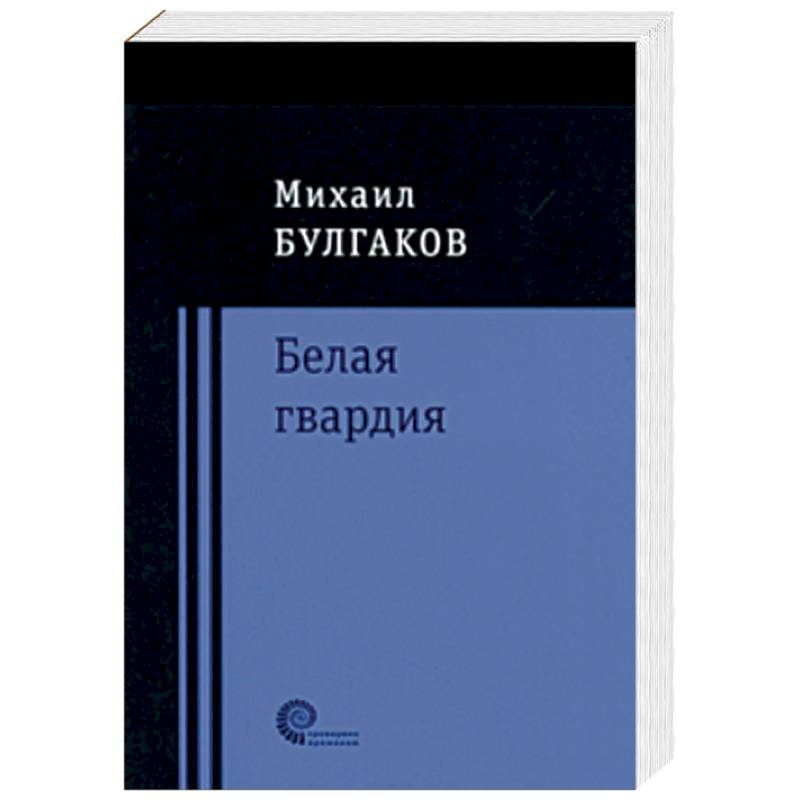White Guard
Please sign in so that we can notify you about a reply
"And I will add a novel, and, I dare to assure, it will be such a novel from which the sky will become hot ...". So in 1923, Mikhail Afanasevich Bulgakov (1891-1940) writes about the "White Guard" - the first, and according to some literary specialists, and his best novel. "Tolstoye gene" in the "White Guard" is obvious. True, the balance is very violated: the wars in the novel with excess, and the world is much less than that of Tolstoy - they are trying to save it with great difficulty in the house of the Turbins. This is bad: in the civil war to gather at one table a family is no easier than gathering
The decayed homeland and restore the destroyed life. Surprisingly penetrating and wise look of the young, in essence, man on the tragedy of the collapse of the Russian world. About what, having already emigrated from this stranger to him, another outstanding writer, Georgy Adamovich, wrote: "From the heights, where the whole panorama of human life opens from, he looks at us with a dry and rather sad grin. Undoubtedly, these heights are so significant that red and white merge for them for the eye - in any case, these differences lose their meaning. ” Even in today"s Russia, a century later, such an understanding of history takes root.
The accompanying article by Igor Sukhikh
Igor Nikolaevich Sukhikh (born 1952) - Russian literary critic, critic, doctor of philological sciences, professor of the Department of Isto-
Rii of Russian literature of St. Petersburg State University. He worked as an invited professor at the universities of Groningen, Helsinki, Plovdiv, Chonan. The author of more than 500 works on the history of Russian literature and criticism of the XIX-XX centuries. The compiler and commentator of the works of I. Babel, M. Bulgakova, M. Zoshchenko, A. Chekhov, the supervisor of the educational complex in literature for grades 5-11. Gogol Prize Laureate (2005) for the book "Twenty Books of the twentieth century"
The decayed homeland and restore the destroyed life. Surprisingly penetrating and wise look of the young, in essence, man on the tragedy of the collapse of the Russian world. About what, having already emigrated from this stranger to him, another outstanding writer, Georgy Adamovich, wrote: "From the heights, where the whole panorama of human life opens from, he looks at us with a dry and rather sad grin. Undoubtedly, these heights are so significant that red and white merge for them for the eye - in any case, these differences lose their meaning. ” Even in today"s Russia, a century later, such an understanding of history takes root.
The accompanying article by Igor Sukhikh
Igor Nikolaevich Sukhikh (born 1952) - Russian literary critic, critic, doctor of philological sciences, professor of the Department of Isto-
Rii of Russian literature of St. Petersburg State University. He worked as an invited professor at the universities of Groningen, Helsinki, Plovdiv, Chonan. The author of more than 500 works on the history of Russian literature and criticism of the XIX-XX centuries. The compiler and commentator of the works of I. Babel, M. Bulgakova, M. Zoshchenko, A. Chekhov, the supervisor of the educational complex in literature for grades 5-11. Gogol Prize Laureate (2005) for the book "Twenty Books of the twentieth century"
Author:
Author:Bulgakov Mikhail Afanasevich
Cover:
Cover:Cover with valves
Category:
- Category:Children's Book
- Category:Fiction
- Category:Historical Literature
- Category:Modern Literature
- Category:Poetry & Literature
Publication language:
Publication Language:Russian
Paper:
Paper:Offset
Series:
Series: Checked by time
Age restrictions:
Age restrictions:12+
ISBN:
ISBN:978-5-00112-127-5
No reviews found
